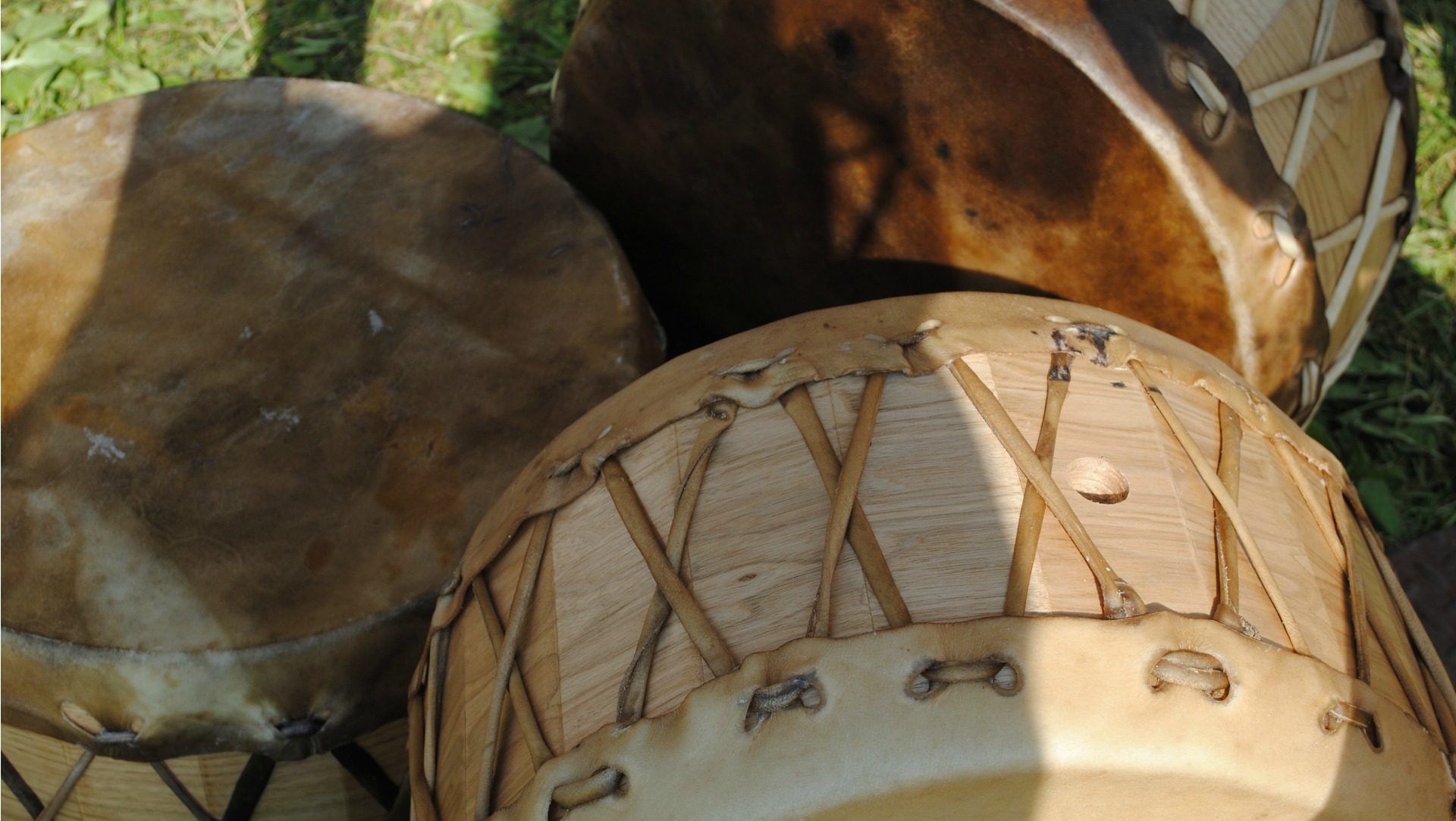Everyone in Canada deserves a healthy life free from heart disease and stroke. Yet the determinants of health and access to health care are not equal for everyone. Indigenous people now face some of the worst health outcomes in Canada.
The need
Indigenous people in Canada — First Nations, Métis and Inuit (FNMI) — have a significantly higher likelihood of developing heart disease and stroke.
- Overall their heart and brain health is far worse than the general Canadian population.
- Heart disease rates for Indigenous people are as much as 50% higher than in the general Canadian population, and the death rate from stroke is twice as high.
- Indigenous leaders in Canada are quoted as saying that communities are in a state of health crisis.
- The social determinants of health impacting Indigenous peoples are staggering:
- Disparities between non-Indigenous and First Nations communities are most pronounced in income and housing.
- Disparities between non-Indigenous and Inuit communities are most pronounced in education and housing.
- Although measures of community well-being have increased in both First Nations and Inuit communities since 1981, they still lag significantly behind non-Indigenous communities.
- Improvements in these measures have slowed since 2001 in both Inuit and First Nation communities.
Our strategy
Heart & Stroke is committed to helping close this health gap between Indigenous and non-Indigenous people. Health reconciliation is at the core of our strategy, which is focused on helping to build capacity in Indigenous communities. This work is being undertaken with the goal of collaborating with Indigenous health leaders to ensure that our efforts are made in true partnership.
Guiding principles:
- Understanding that meaningful partnerships and collaborations must be based on mutual respect.
- Recognizing unique circumstances and geographic challenges of Indigenous people in Canada.
- Understanding that activities must be community-driven and controlled.
- Recognizing that the social and economic determinants of health are at the core.
- Adhering to the Truth and Reconciliation Commission Report by addressing health-related calls to action and reconciliation.
- Ensuring that “nothing about us –without us” is the fundamental ethic of our ambitions.
Elements of our strategy:
- Health alliance: Building strategic alliances to advocate for changes in policy around Indigenous health relating to heart disease and stroke.
- Council of Champions: A group of Indigenous experts who will guide Indigenous health strategy working with Heart & Stroke governance.
- Partnerships and collaboration: Building agreements and alliances in collaboration with Indigenous communities and non-Indigenous organizations that have an Indigenous focus.
- Building Indigenous capacity in research: Addressing systemic barriers by working with Indigenous organizations and peoples and other research organizations, to develop mechanisms for increased capacity and control of Indigenous research.
- Community outreach: Examine existing programming and implementation and offer to Indigenous communities where appropriate, including modifying, and as it meets the needs of Indigenous communities. Existing program offers include:
- CPR in First Nation Grade 8 classrooms: Working with partners to achieve the goal of implementing CPR training in all grade 8 classrooms (modified in QC) in First Nation communities and Inuit hamlets, as a measure to help build community capacity , first response and awareness through an investment in youth.
- Food access: Working with Indigenous communities and partners to expand community gardens, evaluate and implement new growing techniques for colder climates, and new distribution processes to allow for better access and affordability of healthy food choices for all FNMI people, regardless of geographic location — to ensure that healthy eating choices are a realistic option.
- Safe, affordable drinking water: Working with Indigenous leaders and governments to lobby for equality regarding the right to have access to clean drinking water for FNMI people in Canada, regardless of geographic location.
- HeartSmart Kids Indigenous: Developing a distribution strategy that allows us to offer this education resource to all Indigenous communities in Canada through provincial roll-out options. The resource is a K-6 teacher- and student-friendly resource that supports healthy lifestyles and well-being.
